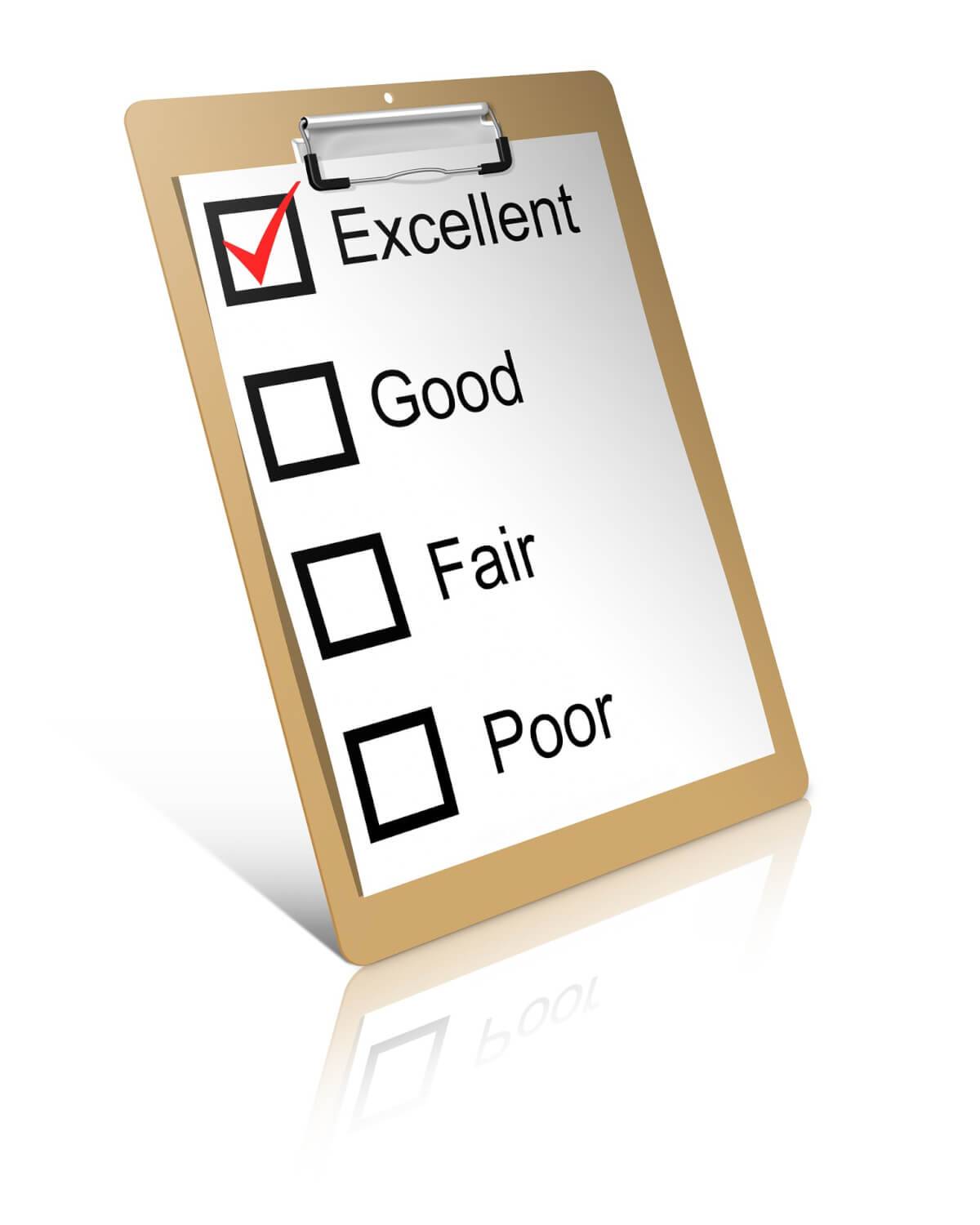BUDGETING

What is a budget?
Put simply, it is a plan of your future income and expenses. Budgets can be yearly, monthly or even weekly.
Why prepare a budget at all?
With a budget in hand, you will be able to control your expenses better and save more. Comparing the budget with the actual expenditure will show where you spent more (or less).
The ultimate aim of a budget is to help plan your finances.
SAVING

What is Saving?
It would be a good approach to view Saving as follows:
Saving = Income – Expenditure
Expenditure = Income – Saving
“You should set aside a portion of your income BEFORE you spend anything.”
Where to Save?
The three important things that one must keep in mind while Saving are Safety, Liquidity and Return. Safety will depend on how certain/guaranteed return of your principal amount or investment from a particular asset are. Government Bonds are the safest. Bank Fixed Deposits are also considered comparatively safe. Liquidity will depend on how easy it is to sell an asset with minimum
loss in value. Bank Deposits, listed and traded Equity Shares and Mutual Funds are considered comparatively more liquid.
Return will be dependent on the type of financial product and the risk that product carries with it. Equity share may give you more returns but may carry higher risk of loss.
Points to be kept in mind when saving:
- Make sure that your savings are invested in diversified instruments (refer earlier message on Diversification).
- Some portion should be in liquid assets so that you can withdraw money when needed.
- Do not put your money in instruments that are very risky/ unregulated, you may lose all of it!
RESPONSIBLE BORROWING

One should borrow to invest in assets that create value or generate returns. Examples of good borrowing are mortgage loans to buy a house, education loan for funding children’s higher education etc.
Whom to borrow from?
Borrowing from regulated entities like banks, NBFCs and HFCs is a good practice as these entities are regularly supervised,
are more transparent, do not overcharge like moneylenders and, in case of any regulatory non-compliance or deficiency in
service, provide a cost-free system for grievance redressal, both internally and with the regulator.
In the name of facilitating loan, you may be getting duped
Beware of Agents who offer to assist in getting loan for a fee. Deal directly with bank/NBFC/HFC or Business Correspondent (BC)
Disclaimer : This message is presented as a reading and teaching material with a sincere purpose of making the reader financially literate. It is not intended to influence the reader in making a decision in relation to any particular financial products or services.
Printed by Reserve Bank of India, Financial Inclusion & Development Department.




